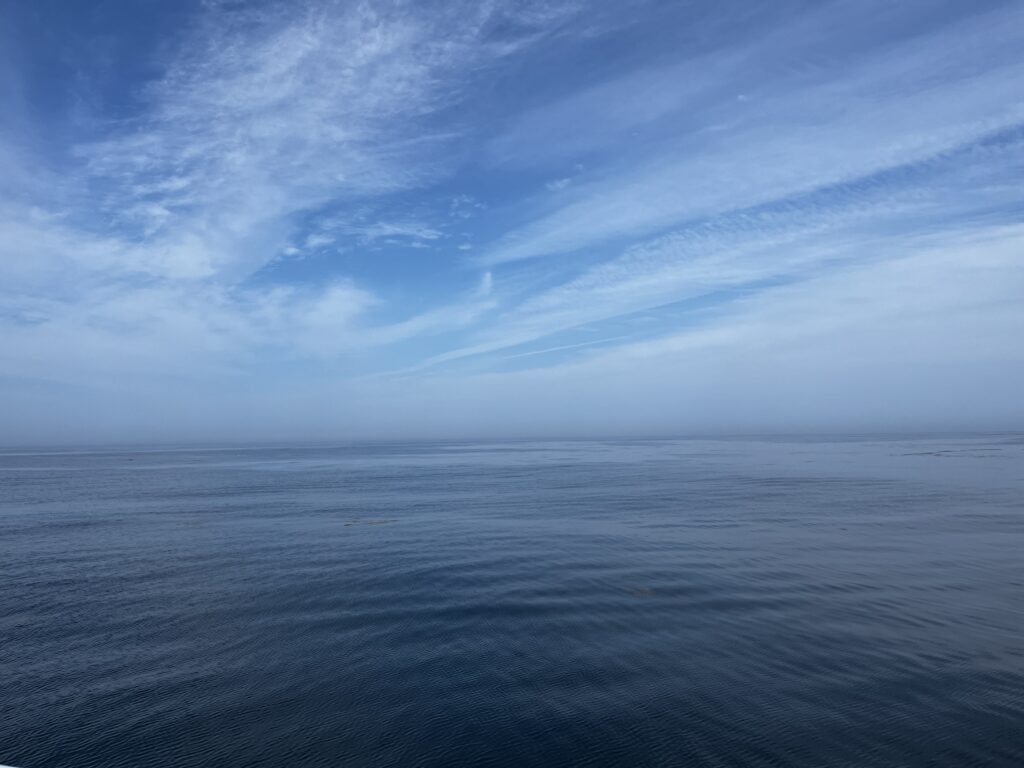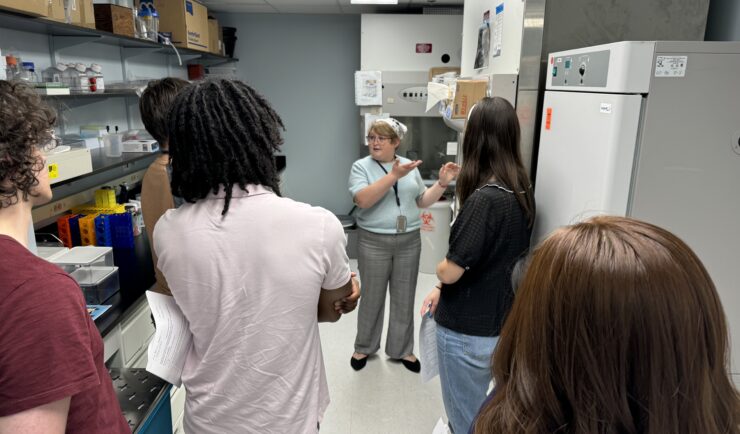
The ocean covers about 71 percent of the Earth’s surface, and life on this planet depends heavily on the ocean. We celebrate its vast being and presence each year on June 8. With CSS so heavily dedicated to Earth and environmental science, it makes sense that many CSS employee owners are deeply embedded in ocean science, from tidal ecosystems to deeper sea benthic communities. Below are a few projects our staff are involved in to assess ocean health and help make the ocean a healthier place for life on this planet.
- Restoring marsh ecosystems
- Assessing the ocean economy
- Conserving shallow coral communities affected by stony coral tissue loss disease
- Mapping, assessing, and restoring mesophotic and deep benthic communities
- Developing suitability models to inform BOEM’s selection of offshore wind energy areas
- Managing ocean data and tools to inform ocean planning and offshore renewable energy
- Forecasting, monitoring, and detecting harmful algal blooms
- Mapping and assessing seagrass and kelp and other coastal habitats
- Assessing ocean toxins and pollutants through shellfish sampling

Through several contracts with the National Oceanic and Atmospheric Administration and the U.S. Environmental Protection Agency, CSS employee owners are dedicated to protecting our ocean, its ecosystems, and life that depends on it.
See More CSS Insights

Providing Data Products for More Effective Consumption
The National Oceanic and Atmospheric Administration’s (NOAA) National Centers for Environmental Information (NCEI) is responsible for providing data, products, and services that help businesses and organizations operate more efficiently and effectively. As such, these data and products need to be available in a publicly accessible and digestible format the audience are able to understand. To…

Training the Next Generation of Researchers
CSS staff support the National Institutes of Health (NIH) Division of Occupational Safety and Health by providing Safe Techniques Advance Research Science (STARS) training to summer interns. Following a pause during the pandemic, staff resumed training May 15, 2024. During the in-person STARS training, CSS staff cover key concepts from the pre-requisite NIH Lab Safety…

Custom Support to Space Florida
Our team recently reconfigured the office space and network for an incoming Space Life Science Lab tenant, Vaxxinity. This work included major renovations to the lab and office space, and new cable runs for their modified space. The team completed this large task within a four week period! Our Florida IT group works closely with…
